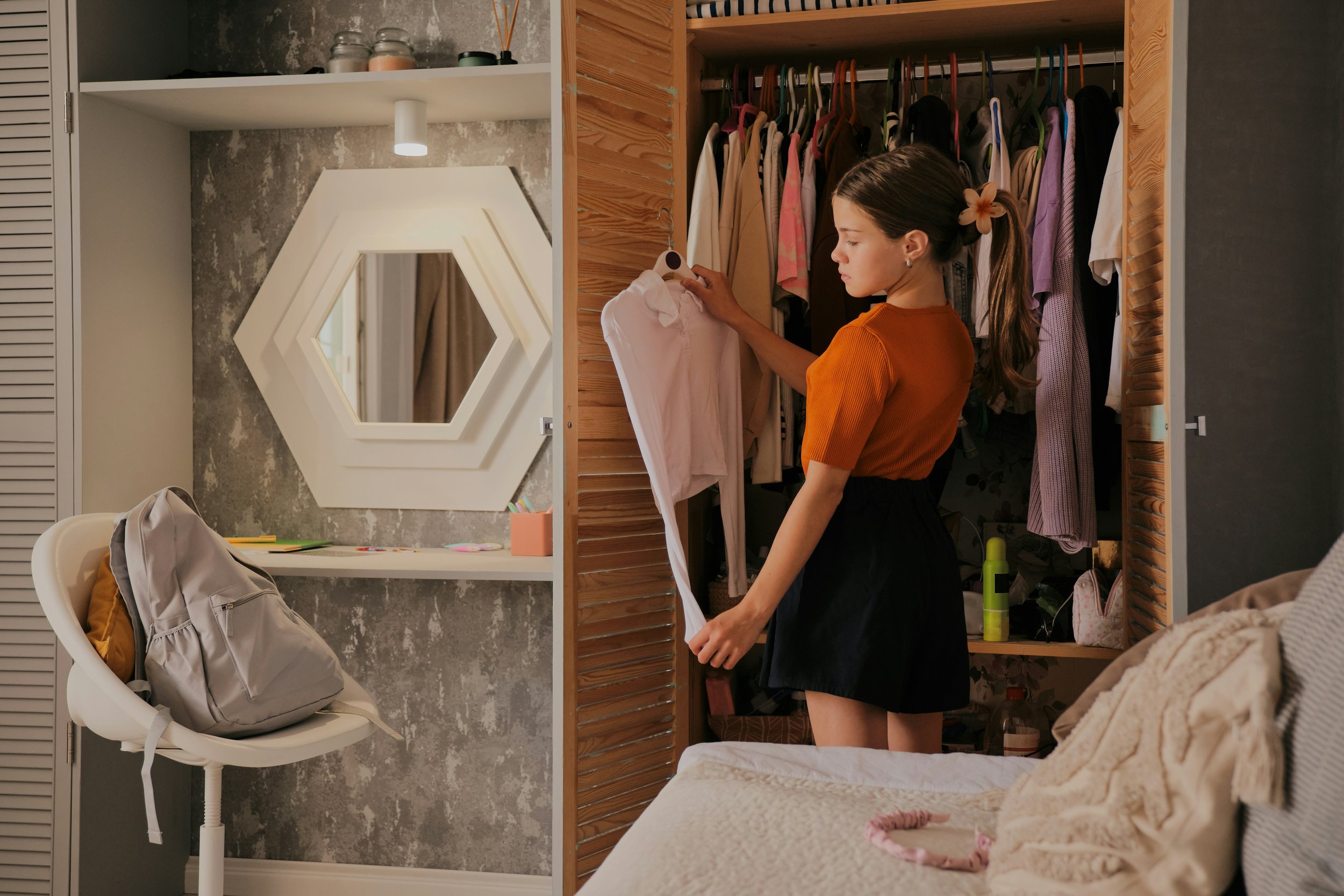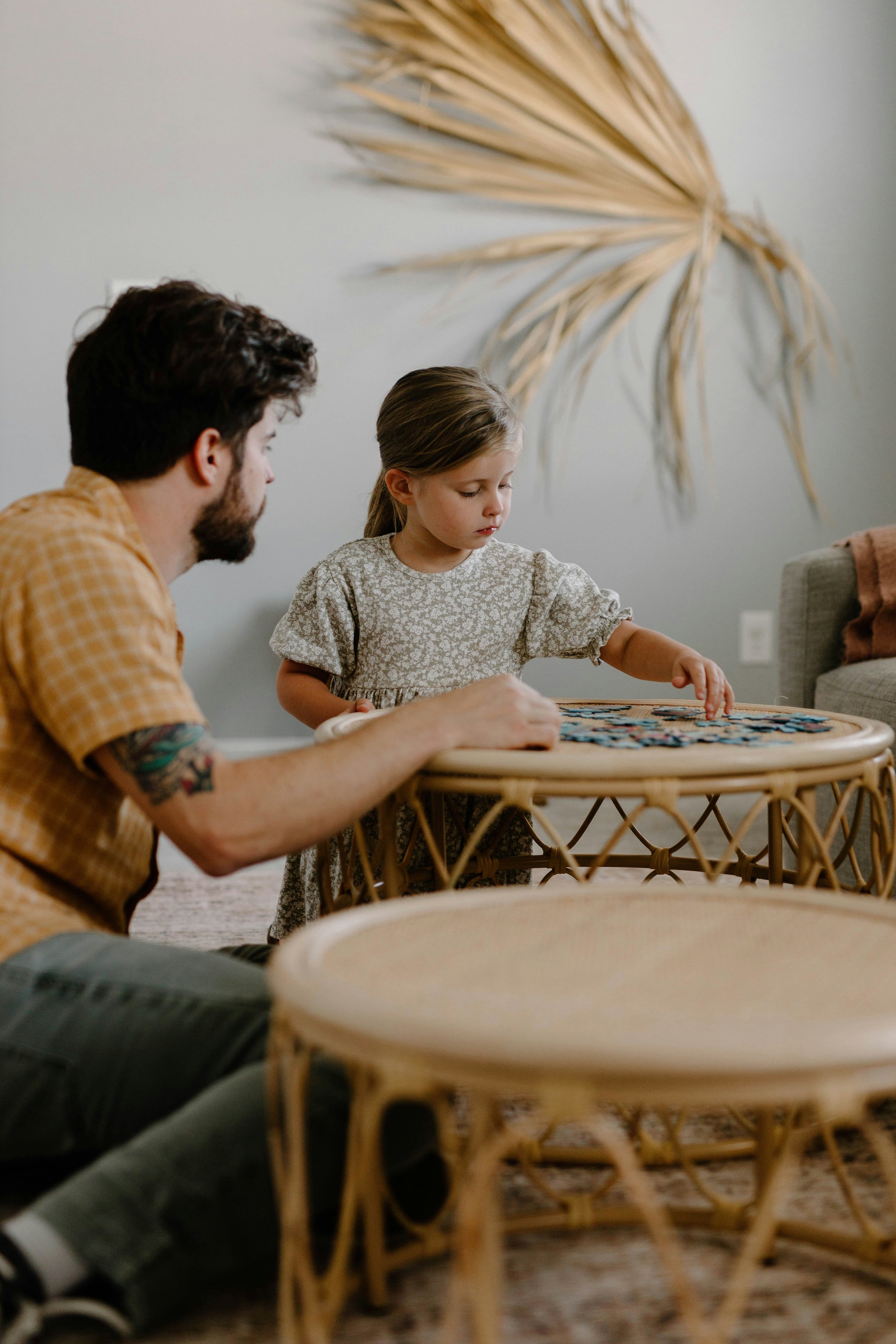The Power of Play
In a world that’s increasingly focused on grades, milestones, and achievements, it’s easy to overlook something as simple as play. After all, how can building forts, playing dress-up, or racing around the backyard possibly be as important as learning to read or mastering maths facts?
But here’s the truth — play isn’t just downtime or a way to burn off energy. Play is one of the most essential ways your child learns and grows — socially, emotionally, physically, and cognitively.
As renowned child development expert Jean Piaget once said,
"Play is the work of childhood."
It turns out, science agrees.
The Science Behind Play
Research consistently shows that play supports brain development in ways traditional academic approaches just can’t replicate.
A landmark study published in The American Journal of Play found that play boosts memory, language development, and creative problem-solving skills. Through play — especially unstructured, imaginative play — kids learn to experiment, take risks, explore new ideas, and figure out how the world works.
Dr. Stuart Brown, a leading expert in play science, puts it this way:
"Play is the gateway to vitality."
He explains that play, by its very nature, is purposeless, immersive, and fun — and yet, it’s absolutely essential for developing strong social skills, emotional resilience, and even creative thinking.
Play Builds Emotional and Social Skills — One Game at a Time
Let’s be honest — life can feel overwhelming for kids (and adults!). Play gives children a natural, safe way to process their emotions and practise handling challenges.
Take Mia, for example — a preschooler who struggled with big emotions whenever things didn’t go her way in group settings. Her teacher began introducing play-based group activities, like building obstacle courses together and creating pretend stories as a team.
At first, Mia would get upset when her ideas weren’t followed. But through these playful interactions, she gradually learned how to compromise, express herself clearly, and read her friends’ emotions. Play became a safe space to practise social skills in real time, without the pressure of getting it “right.”
This is what researchers call emotional regulation in action — learning to navigate excitement, frustration, disappointment, and joy in ways that build resilience and flexibility.
Cognitive Growth — One Imaginative Story at a Time
Play doesn’t just help with feelings and friendships — it’s a cognitive powerhouse too.
Imagine your child playing “restaurant” with a sibling or friend. To keep the game going, they need to:
Create a menu (literacy and creative thinking)
Take orders (memory and communication)
Set prices and count imaginary money (basic maths)
Problem-solve when they run out of “pizza” or need to make a tricky customer happy (flexibility and negotiation)
This kind of imaginative play naturally builds critical thinking, language, and planning skills — all the building blocks for academic success, but in a way that feels effortless and fun.
In fact, a study published in Pediatrics found that children who engage in frequent imaginative play score higher on measures of executive function — skills like attention control, working memory, and the ability to shift between tasks. These are the same skills that help kids focus in class, follow multi-step instructions, and adapt to new challenges.
Practical Ways to Encourage Meaningful Play at Home
The good news is — you don’t need expensive toys or elaborate setups to create a play-friendly home. In fact, the simplest kinds of play are often the most beneficial. Here are a few easy ways to foster play-based learning in your everyday life:
1. Prioritise Unstructured Playtime
Children need time to just play — without adult direction or a specific outcome in mind. Whether they’re building forts out of cushions or turning sticks into magic wands, free play builds creativity, independence, and problem-solving skills.
2. Embrace Pretend Play
Encourage your child to create imaginary worlds. Set out dress-up clothes, cardboard boxes, or a pile of blankets and see what they invent. You can also spark their creativity with open-ended questions like, “What would you do if you were a zookeeper for a day?”
3. Play Together
Playing alongside your child strengthens your relationship and models important skills like teamwork, patience, and problem-solving. Whether you’re building LEGO creations, making up silly stories, or playing board games, you’re showing them that play matters — even for grown-ups.
4. Dial Back Screen Time
Screens can be entertaining — and sometimes even educational — but too much screen time can crowd out the kind of imaginative, active play that helps kids learn best. When possible, swap some screen time for hands-on, creative play, whether it’s making a fort, baking cookies, or exploring outside.
5. Focus on the Process, Not the Product
Kids thrive when they feel free to experiment and explore without worrying about getting things “right.” Whether they’re drawing, building, or storytelling, focus on curiosity over correctness. Ask, “What’s your favourite part of what you made?” rather than evaluating the final product.
Play isn’t just a “break” from learning — it is learning.
Through play, children learn how to think critically, manage their emotions, work with others, and navigate the world around them. These aren’t just nice extras — they’re essential life skills that set the foundation for healthy relationships, lifelong learning, and emotional wellbeing.
As Dr. Kay Redfield Jamison reminds us:"Children need the freedom and time to play. Play is not a luxury. Play is a necessity."
So the next time your child invites you to join their imaginary tea party, build a spaceship, or chase monsters around the backyard — say yes. Not just because it’s fun (though it is), but because those playful moments are shaping who they become.
And when you embrace play, you’re not just helping your child grow — you’re nurturing connection, creativity, and curiosity in your family too.














